ONE of West Somerset’s most distinguished residents, Sir Antony Acland, Knight of the Garter and former head of the diplomatic service, has died at the age of 91.
“We shall miss him greatly, and remember his deep appreciation for Exmoor, its people, landscape, wildlife and sense of history and continuity of things that are good and beautiful,” said the society’s chairman, Rachel Thomas.
A long and glittering career included head-on collisions with Mrs Thatcher during the Falklands conflict, ambassador to the US, dealings with American presidents Ronald Reagan and George Bush Snr, and working alongside foreign secretaries Jim Callaghan, Selwyn Lloyd, Geoffrey Howe, Edward Heath and Sir Alec Douglas-Home.
What brought him from the centre of the world diplomatic stage to the wilds of Exmoor? “My grandparents lived in Devon and we visited Exmoor regularly as children. When I retired I thought it would be nice to live here,” he said in what was to be his last interview.
In fact, there had been Aclands on the moor since 1155 – the family once owned 56,000 acres of Exmoor stretching from Barnstaple to Minehead.
Sir Antony loved Exmoor, but he worried about it, too: “The young are drifting away from the moor because of lack of work and high house rents and prices. We must curb undesirable development but not be immune to essential progress. In the Exmoor Society we are doing all we can to help get the balance right.”
Sir Antony joined the Foreign Office on leaving Oxford in 1953 and later became assistant private secretary to Foreign Secretary Selwyn Lloyd and private secretary to Sir Alec Douglas-Home, and later to James Callahan and Edward Heath.
A spectacular rise through the Foreign Office ranks saw Sir Antony appointed ambassador to Luxembourg and Spain and chair of the joint intelligence committee.
The year 1982 proved momentous. Sir Antony received the second of three knighthoods from the Queen, became head of the diplomatic service – and found himself crossing swords with Mrs Thatcher.
He remembered: “She could be difficult to deal with. She was confrontational and you had to be pretty tough and sometimes quite rude to her. But mostly we got on well. She had a very human side which she kept well hidden from the general public, but if you were dealing with her you soon realised that she was a very caring person.”
In 1986 in a largely unexpected move, Sir Antony exchanged being head of the diplomatic service for the plum post of UK ambassador in Washington.
“George Bush became a great friend. President Reagan wasn’t an intellectual giant but if I had to choose I would perhaps say he was a better president.”
In his last interview, with his black Labrador, Bertie, at his feet, Sir Antony said he didn’t miss being in the front line of diplomacy: “The time comes when someone else has to do it,” he said. “Exmoor is now where I want to be.”
Rachel Thomas remembered when Sir Antony became Exmoor Society president in 2007: “I had been warned that he was ‘far too important’ to consider the request, but the opposite proved to be true, as he was delighted to be asked, and accepted straight away.
“We have been honoured that for 14 years he has been a very active president, attending at least 107 trustee meetings and giving his views - on issues such as the importance of tourism – modestly and diplomatically. He was occasionally firmer and influenced sensitive decisions when the society campaigned nationally.
“We have held him in great affection. He came to all our annual events, such as the spring conferences, AGMs and Christmas lunches, often accompanied by Lady Acland, spending time with society members, drawing out their own stories with his charm and capacity to listen.
“His foreword in the History of the Exmoor Society, published last year, speaks of his love for Exmoor where his family roots are, and his pride in being president of the society.”
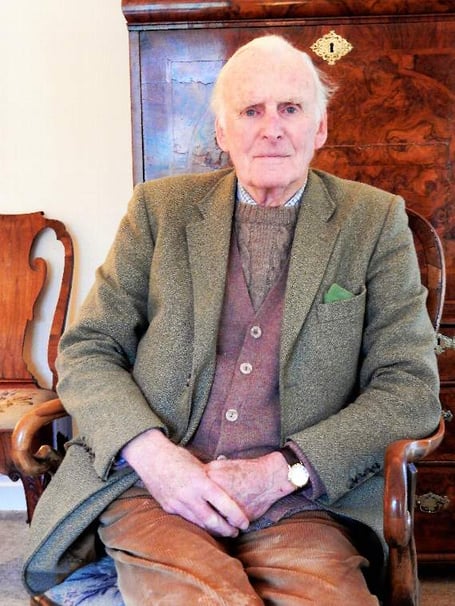
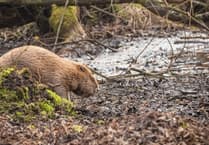
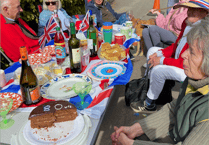
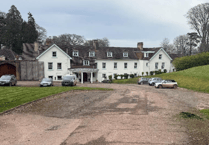
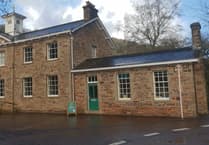
Comments
This article has no comments yet. Be the first to leave a comment.